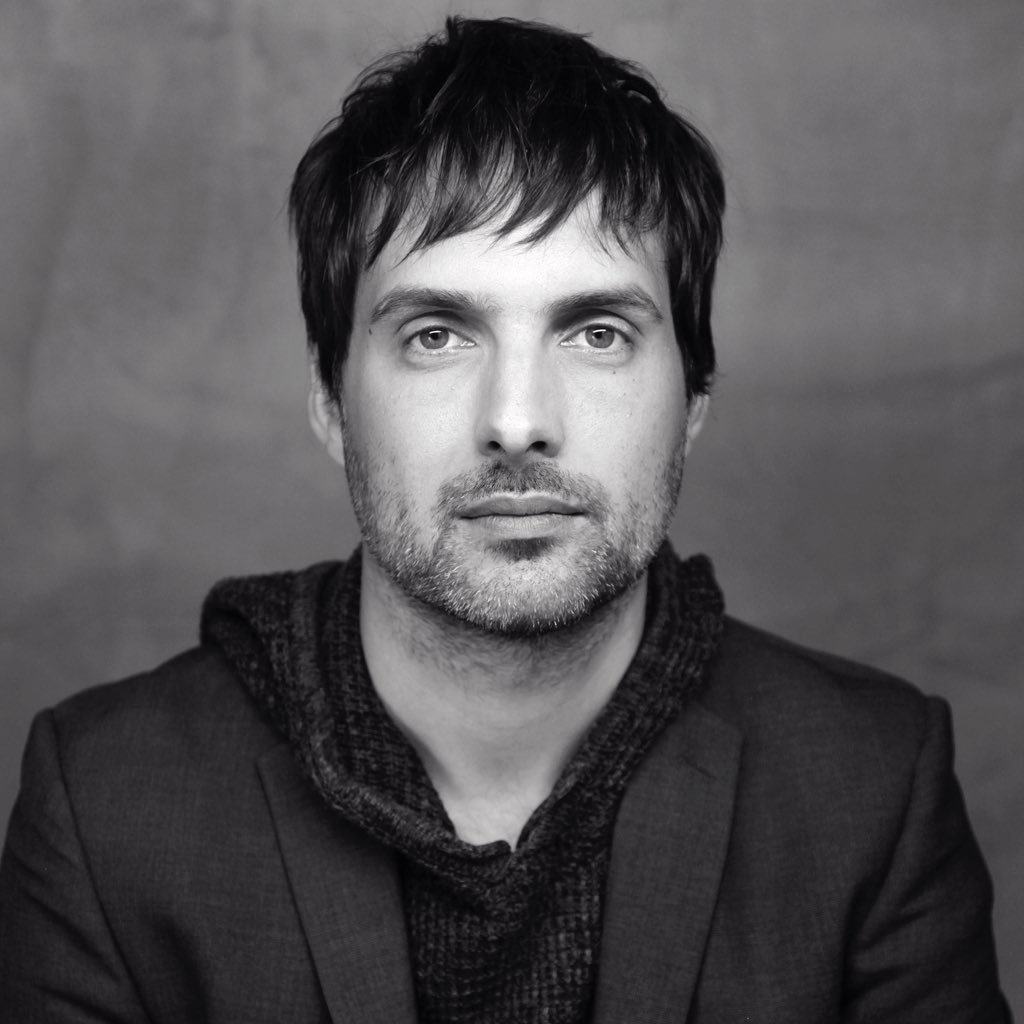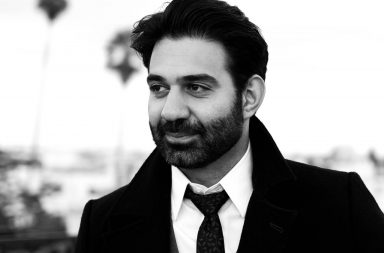We have asked our interviewees to select five tracks from various scores or five entire soundtracks that they think are interesting, forward-thinking or even underrated. There are no limits to which tracks or soundtracks our interviewees can choose; the aim is to give you, readers, a real glimpse into the composer’s tastes and musical identity.
Lauded as ‘game music’s eclectic daredevil’ by MTV, award-winning composer Olivier Derivière has been scoring music for animation, film and video games for over 10 years, having scored for Assassin’s Creed IV Freedom Cry (2013) and Remember Me (2013). Music has always been an integral part of Derivière’s life. In fact, he began studying classical percussion at the age of five, then studied film scoring and jazz at Berklee College of Music with a scholarship. The experience undoubtedly gave this composer a sharp insight into the scoring world, and fuelled his aspiration to bring talented performers to video games. Spurred by this desire, Derivière brought the National Opera of Paris’s Children’s Choir to his first video game score for the horror game ObsCure, with a chilling effect. He also commissioned the Boston String Quartet for ObsCure 2: The Aftermath. This innovative approach of imprinting these video games with such a human touch gives Derivière’s scores a truly unique feel, which plunges the player headfirst into the game. Get Even (2017), his latest foray into video game, is a first-person shooter video game, which centres around a man who wakes up in an old, abandoned asylum. His only memory is the attempted rescue of woman with a bomb strapped to her. This first-person perspective gives a thriller-atmosphere, and the game has a poetic quality mirrored in his music, evoking questions about the understanding of justice and reality.
- The Last Temptation of Christ (by Martin Scorsese, 1988)—Peter Gabriel: Back in ‘88 I was 10 years old and it was after many years that I understood why it acted on me like an epiphany. You could definitely tell that Peter Gabriel gave a unique tone not only to the movie but also to the way world music could be used in a cinematographic experience. It transformed the film scoring world forever and guided me when I scored Assassin’s Creed Black Flag—Freedom Cry. I took the idea of merging authentic music with my own. Thank you Peter!
- Gattaca (by Andrew Niccol, 1997)—Michael Nymann: One of the greatest British composers. I picked Gattaca but I could have gone with so many others (The Piano, Carrington, etc.). His music is simple yet the themes, colors and melodies are always interesting and most often moving. I always prefer melodies over big, swelling orchestra and he is one of the finest. You can definitely feel his influence on my score for Get Even.
- The Matrix (by Lana and Lilly Wachowski, 1999)—Don Davis:I will never forget what happened to me when I first watched The Matrix. Although the movie really blew me away I couldn’t believe the original score by Don Davis. As a composer I always thought only a melody could be the real DNA for any score but Mr. Davis proved me wrong. Without any actual melody you can play 5 seconds of The Matrix score and everybody will recognize it. I really thought the soundtrack would win all the awards and get the praise it deserved but nothing happened. I was frustrated but it stayed with me for all these years up to my Remember Me score. I couldn’t be happier to exploit and extend what he unlocked!
- Akira (by Katsuhiro Ôtomo, 1988)—Geinoh Yamashirogumi: What I like most in any film score and game score is when the choices are so radical and so surprising that it will leave a unique impression on you. Akira was written by a group called Geinoh Yamashirogumi and director Ôttomo could not have made me happier in choosing them to do so. For this sci-fi anime you would have thought the use of synth and modern music would fit the atmosphere but he decided to go with a very Japanese music style using all the traditional instruments and musical writing.
- Interview With a Vampire (by Neil Jordan, 1994)—Elliot Goldenthal. I stopped listening to Elliot Goldenthal when I felt my music would become his if I would keep on. He is the dark side of Danny Elfman. I am a big fan of Eflman but Goldenthal is closer to me. When Elfman is fun, Goldenthal is gloomy. I think his score on Interview With a Vampire is a masterpiece for all the melodies and textures that, obviously, were influenced by the great Benjamin Britten. I happened to hire a children’s choir on ObsCure just because of his ideas and I can hardly deny that some of his music is still in mine.



